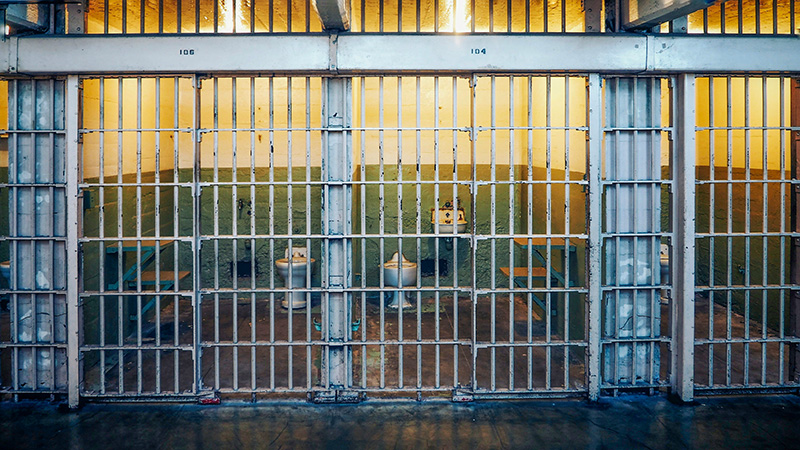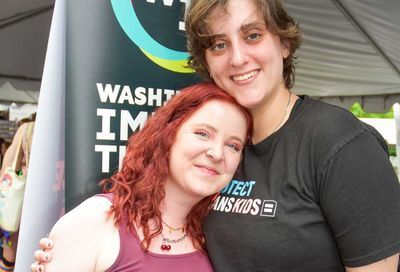From Prevalence to Homophobia – MSM and HIV
This past weekend, the Global Forum on Men Who Have Sex with Men (MSMGF) noted that following the 2010 International AIDS Conference in Vienna, an analysis of the events showed only 2.6 percent of workshops specifically addressed MSM. A workshop held this afternoon at AIDS 2012 helped to pick up some of that slack.
A series of experts and advocates on HIV/AIDS examined the status of HIV among MSM around the world, starting with statistics related to infection and survival rates among MSM and touching on the structural and institutional challenges, including societal homophobia, stigma, discrimination against gay men, and a lack of attention and resources targeted to or alloted for MSM.
Some speakers focused on health disparities among different communities of MSM, particularly among MSM of color, which exist not only in the United States, but across the globe. Even though black MSM are less likely to use drugs or engage in riskier sexual behavior in many Western nations, structual inequalities in access to education and health care, lower incomes and a likelihood of self-segregating in partner choice lead to higher rates of infection among black MSM than among their white counterparts. In addition, MSM of color are less likely to be engaged at all steps of detection and treatment when they are HIV-positive, meaning they are less likely to end up on treatment, adhere to antiretroviral therapy and achieve full viral suppression.
Stefan Baral of the Johns Hopkins Bloomberg School for Public Health classified three levels of risk facing MSM: individual-level risks, such as engaging in unprotected sex, which focus on traditional biological and behavioral interventions like condom use and PrEP; network-level risks, such as the prevalence of HIV in lower-density networks and among marginalized groups, such as racial minorities; and structural risks related to issues like criminalization, government action, societal stigma and widespread homophobia. Several other speakers echoed these points in their presentations.
Australian academic and gay-rights activist Dennis Altman, in addressing how homophobia affects MSM, looked at four major causes at the root of societal homophobia: authoritarianism, political homophobia as a way of asserting a national or cultural identity, prevailing attitudes that rely on traditional gender roles, and religion.
Altman noted that while countries that criminalize homosexuality are hostile to MSM, so, too, are countries that do not (by law) discriminate, but do not acknowledge the public health risks facing MSM. He insisted that advocates must fight against allowing tradition, culture or religious beliefs to impede human rights or human dignity. Other speakers noted that HIV prevalence is higher in countries that criminalize or prosecute homosexual acts, as such governmental actions drive the epidemic underground and make people less likely to seek appropriate prevention or treatment methods.
Support Metro Weekly’s Journalism
These are challenging times for news organizations. And yet it’s crucial we stay active and provide vital resources and information to both our local readers and the world. So won’t you please take a moment and consider supporting Metro Weekly with a membership? For as little as $5 a month, you can help ensure Metro Weekly magazine and MetroWeekly.com remain free, viable resources as we provide the best, most diverse, culturally-resonant LGBTQ coverage in both the D.C. region and around the world. Memberships come with exclusive perks and discounts, your own personal digital delivery of each week’s magazine (and an archive), access to our Member's Lounge when it launches this fall, and exclusive members-only items like Metro Weekly Membership Mugs and Tote Bags! Check out all our membership levels here and please join us today!



























